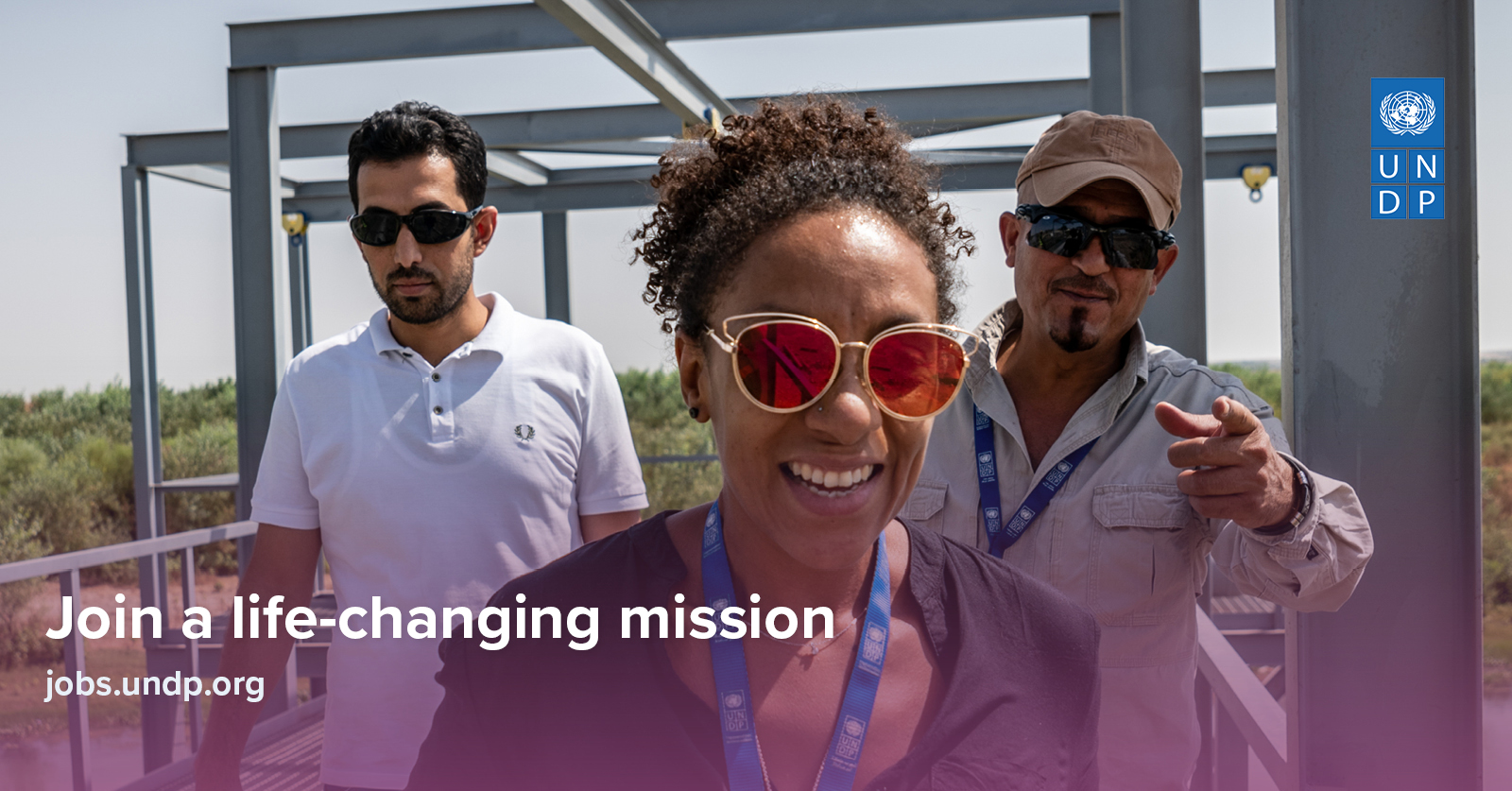
1. BACKGROUND
The Sustainable Development Goals (SDGs) adopted at the United Nations General Assembly in September 2015 intended to end poverty, protect the planet, and ensure that all people enjoy peace and prosperity, based on the “leaving no one behind” principle. Timor-Leste joined other world leaders in adopting the 2030 Agenda for Sustainable Development with 17 goals, 169 targets, and 231 indicators.
Timor-Leste was actively engaged in the discussion of the SDGs goals and is proud to announce its progressive contribution throughout goal 16, which is crucial for achieving the three integrated dimensions of sustainability, the social economic, and environmental. Goal 16 is central to sustaining other goals to perform.
At the national level, the SDGs goals were adopted through government resolution no 34/2015, on 23rd September 2015, National Parliament resolution no. 19/2015 on the 18th of November, Prime Minister’s Directive 038/2015/XII/PM on the 22nd of December 2015, Government Decree no. 1 on the 1st of February 2016. The SDG’s Working Group was introduced immediately after its adoption, with a mandate to identify the linkages between SDG’s goals and indicators and the Strategic Development of Timor-Leste (SDP) 2011 to 2030 targets.
On the 22nd of May 2017, the government launched Timor-Leste’s Roadmap for the implementation of the 2030 Agenda and the SDGs. The document reflects the government’s commitment to implementing the United Nations Agenda on Sustainable Development Goals. It is a very comprehensive roadmap that embraces SDGs objectives in its political direction toward a prosperous Timor-Leste. It highlights factors that help create an enabling environment for achieving the 2030 agenda, including crafting peace for developing resilience, strengthening of institutions and policy frameworks as well as structural mechanism required for the operationalization of the Strategic Development Plan, the cohesion of national planning, budgeting and monitoring of the goals based on people-centered approaches.
The High-Level Political Forum, the United Nations’ central platform for follow-up and review of the 2030 Agenda for Sustainable Development Goals, was adopted by United Nations Member States through a resolution A/RES/70/1. This forum provides for the full and effective participation of all States Members of the United Nations, and it is convened under the auspices of the Economic and Social Council. Timor-Leste presented its first Voluntary National Review with other 41 countries in July 2019.
The VNR is a state-driven process, with the national report preparation led by the Government, through a wide-ranging and inclusive participatory consultation with stakeholders that included all major groups, business sectors, parliament, government independent institutions, civil society, and others, as required under the paragraph 78 and 79 of the resolution 70/1.
Timor-Leste’s first Voluntary National Review was titled “From Ashes to Reconciliation, Reconstruction and sustainable development” with Peace, Justice, and Strong Institutions as the overarching theme of the report. The VNR adopted a targeted approach and focus which was aligned with phase 1 of the National Strategic Development Plan (SDP). As such the focus was on the following 9 SDG goals, with SDG 17 as a cross-cutting issue aiding the implementation of the SDGs.
- Goal 2: Zero Hunger
- Goal 3: Good Health and Well-being
- Goal 4: Quality Education
- Goal 5: Gender Equality
- Goal 6: Clean Water and Sanitation
- Goal 8: Decent Work and Economic Growth
- Goal 9: Industry, Innovation, and Infrastructure
- Goal 16: Peace, Justice, and Strong Institutions
- Goal 17: Partnerships for the Goals
The VNR was jointly coordinated by the Unit of Planning, Monitoring and Evaluation (UPMA) in the Prime Minister’s Office, the National SDG Working Group, and the Ministry of Foreign Affairs, using a whole government, multi-sectoral approach. Timor-Leste Government wishes to prepare its second Voluntary National Review to present at the HLPF in June 2023. The coordination of the 2023 VNR will be managed through the VNR Coordination Commission led by the Agency for Planning, Monitoring, and Evaluation (ANAPMA previously UPMA), the Ministry of Foreign Affairs, and the Ministry of Finance.





